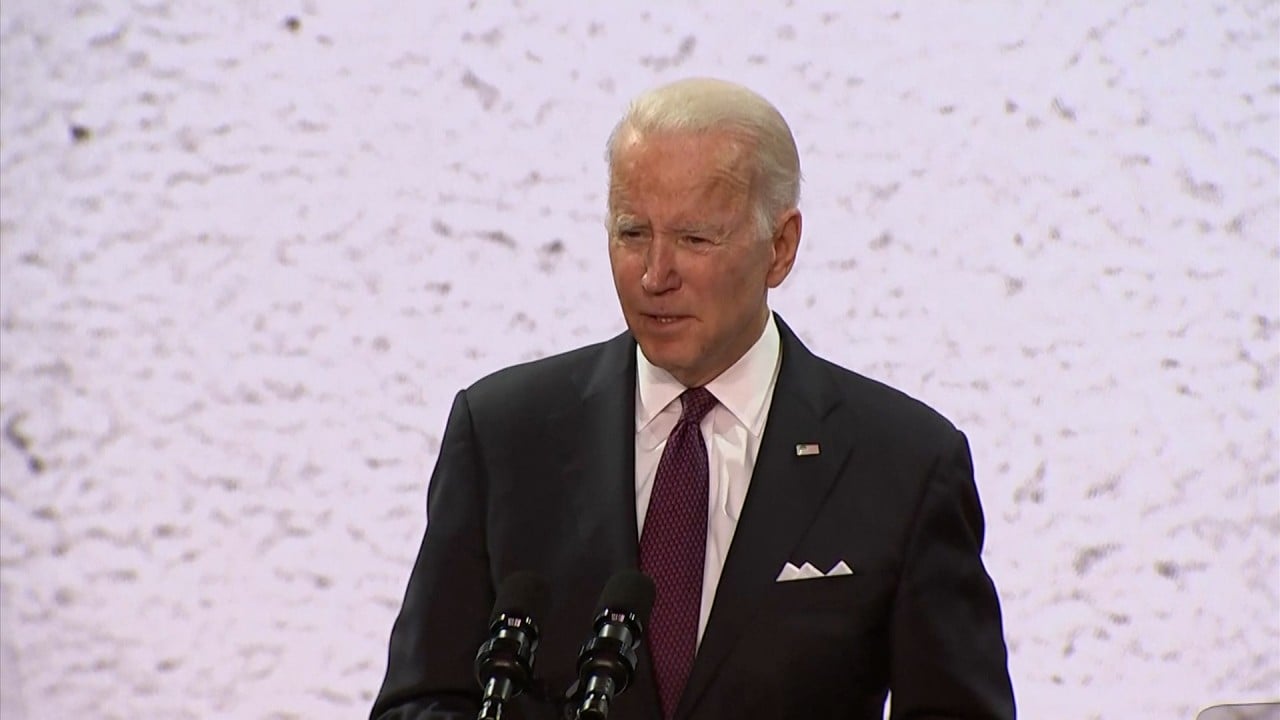
Chinese foreign minister seeks to mend fences with EU in Rome
- Wang Yi held separate meetings with Italian and Dutch leaders and his French counterpart on sidelines of G20 summit
- Tensions have escalated between China and the bloc over a growing list of issues including Hong Kong, Xinjiang and Taiwan
“China and Europe are partners rather than rivals, collaborators rather than competitors,” Wang told Draghi. “We do hope the Italian side can play an active role in the healthy development of China-EU relations.” He said mutual respect was necessary and the two sides should see their development in an “inclusive mind” and accept each other’s differences.
The Italian government said the talks “focused on the prospects of the bilateral cooperation, on the relations between the EU and China and on the opportunity to restart the dialogue on human rights”.

Wang later met Dutch Prime Minister Mark Rutte, telling him that China saw the Netherlands as “the gateway to cooperation” with Europe and the two nations should seek “broader development in bilateral relations … to give impetus to China-EU relations”, according to the Chinese foreign ministry.
He also called for the Netherlands to “provide an open, fair and non-discriminatory business environment for Chinese companies”, without elaborating. Beijing has been lobbying the Dutch government to renew an export licence for the sale of critical chip-making technology – essential for advanced microprocessors – to China, but the deal is on hold because of pressure from the US.

01:04
Biden 'disappointed’ with China, Russia over failing to commit to G20 climate change plans
In Rome, Foreign Minister Wang also met his French counterpart Jean-Yves Le Drian on Saturday, urging France to maintain mutually beneficial cooperation and “promote the sustained, healthy and stable development of China-EU relations” when it takes over the rotating EU presidency in January.
“China needs to double down on the difficult reform and opening up of its industrial subsidies regime – an important policy priority of the Europeans,” he said. “As China’s economic regulatory architecture increasingly mimics that of advanced economy countries, it will ensure that not only does it have a friend in Europe but a partner with an abiding political and economic interest.”
Steve Tsang, director of the China Institute at SOAS University of London, said Europe was not rethinking relations with China to “gang up” with the US. “[They are] rethinking relations … because China’s own policies are causing concern in Europe. The EU is not worried about a China that is rising, but it is worried about a rising China that undermines the core values Europeans hold dear,” he said.
Additional reporting by Kristin Huang

